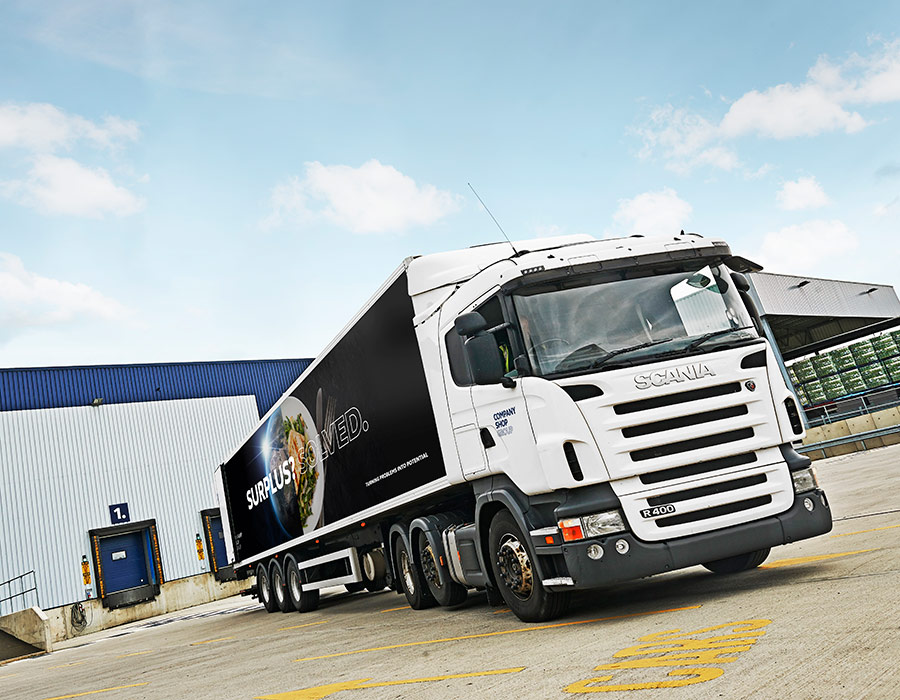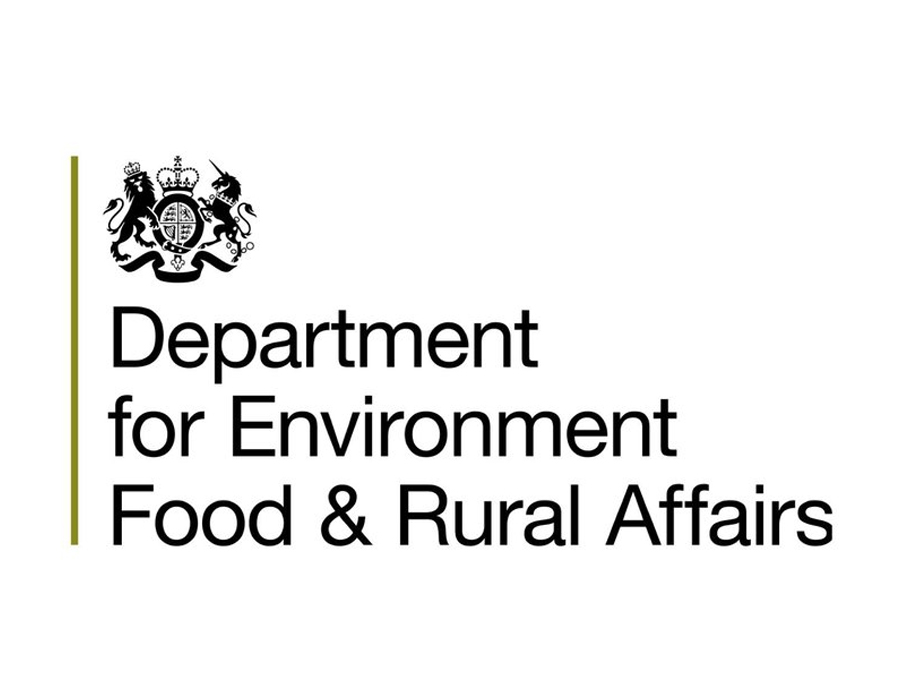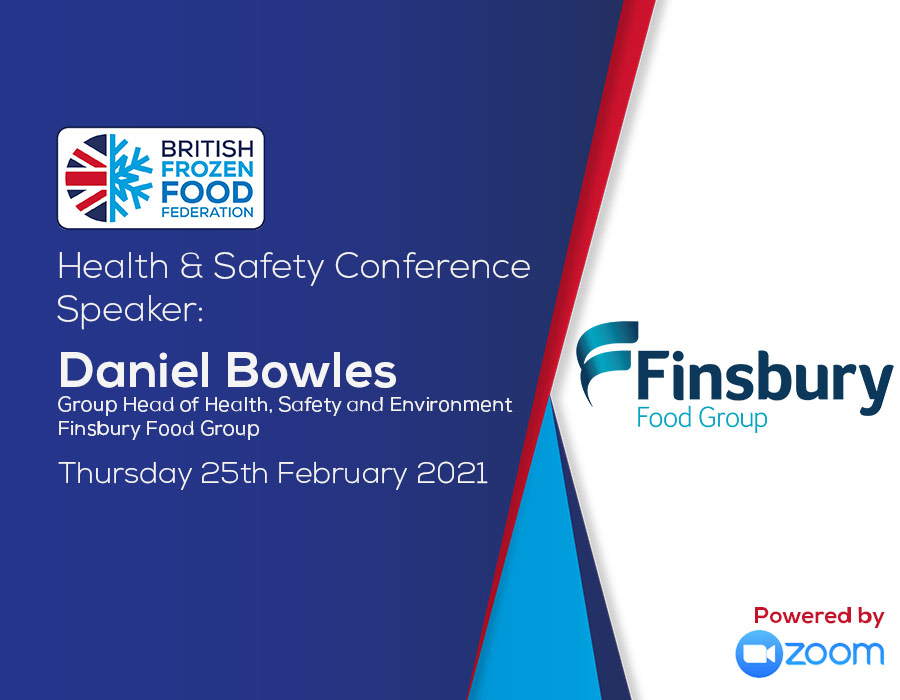COMPANY SHOP GROUP JOINS FORCES WITH BIFFA TO BOOST UK CORPORATE SURPLUS RESPONSIBILITY
Company Shop Group, the UK’s leading redistributor of surplus food and household products, has been acquired by Biffa plc, the UK’s leading sustainable waste management company.
The deal will see the two companies work together to deliver a unique circular economy proposition to the food manufacturing and FMCG sector; helping some of the UK’s biggest operators to unlock sustainable value from the 141,000 tonnes of quality surplus waste that is produced in the UK each year.
Headquartered in Barnsley, South Yorkshire, the Group has a business model which puts environmental and social purpose at its heart. It prevents waste by identifying surplus products and then collecting, processing and redistributing them for sale through its unique network of membership-based stores, whilst ensuring compliance with stringent food safety standards. Surplus products include production overruns, trial products, or produce that has been incorrectly labelled or packaged which without intervention would be destined to become waste. The Group redistributed over 225m products over the last three years, and is growing its non-food related capacity, with over 4.5m non-food items handled per year.
The membership base of Company Shop stores comprises of employees working in the FMCG supply chain, the emergency services, NHS and the armed forces. The Group’s sustainable investment strategy has seen the number of Company Shop stores double since September 2019, to a total of 12 across England and Scotland.
The Group also operates an award-winning social enterprise, Community Shop, a not-for-profit community interest company with a network of six community hubs supporting some of the most deprived areas of UK. Supported by donations from supplier partners, Community Shop provides its members with vital access to deeply discounted food, as well as life-changing learning and development programmes.
The announcement comes on the eve of the inaugural Food Waste Action Week, a WRAP initiative which seeks to wake the nation up to the environmental consequences of wasting food.
The acquisition of Company Shop Group is part of a series of investments which strengthens Biffa’s leadership position in the UK circular economy and will help unlock further innovation and expand Biffa’s capability to support its customers’ waste reduction and recycling targets.
Company Shop Group will work alongside Biffa’s existing Specialist Services teams, through which the Group already provides bespoke solutions to customers in the food manufacturing and e-commerce sectors, expanding Biffa’s offering in commercial surplus waste redistribution and providing a platform for Company Shop Group’s long-term expansion and growth.
Commenting, Michael Topham, Chief Executive of Biffa said:
“The acquisition of Company Shop Group strengthens Biffa’s leadership position in the UK circular economy. Its redistribution services complement Biffa’s established waste and recycling services, and supply of closed loop recycled raw materials. As the only commercial redistributor of scale in the UK, Company Shop Group is the market-leader in a growing sector, with a strong, credible growth plan which we will deliver together. Biffa and Company Shop Group share a common set of goals, including the continued development of profitable, sustainable waste management solutions while making a meaningful contribution to society. We welcome all of Company Shop Group’s members, partners and staff to Biffa and look forward to the next stage of the business’ development.”
Steph McGinty, Group Managing Director of Company Shop Group, commented:
“We are proud to be the UK’s leading redistributor of surplus food and household products. We are a passionate business working for our industry, our colleagues, our members and our communities; we call it Corporate Surplus Responsibility.
Hallmarked by long-standing and powerful partnerships, at the heart of our business is the understanding that big challenges need big solutions, and these are always better delivered in partnership. Together, as part of Biffa plc and aligned in vision and purpose, we will continue to innovate and grow, enabling us to provide even more sustainable solutions for all of our stakeholders.
I am delighted to lead Company Shop Group in this exciting new chapter of its journey.”
John Marren, Founder of Company Shop Group, commented:
“Like the business I founded over 50 years ago, Biffa plc is another vanguard, changing the way that people think about waste.
Since day one of the Company Shop journey, I have been passionate about using business as a force for good, for the benefit of our industry, our people, our planet, and the communities we serve.
The shared values and ambitions of Company Shop and Biffa will enable both the delivery of a truly unique circular economy proposition to industry alongside continued growth in the important role that sustainable redistribution plays.
I am proud that this decision will enable Company Shop Group to step confidently into the future, as part of the global movement to reduce waste in our industry and our society. Today, more than ever, we are called to address the climate emergency, build our economy and support our communities.”































